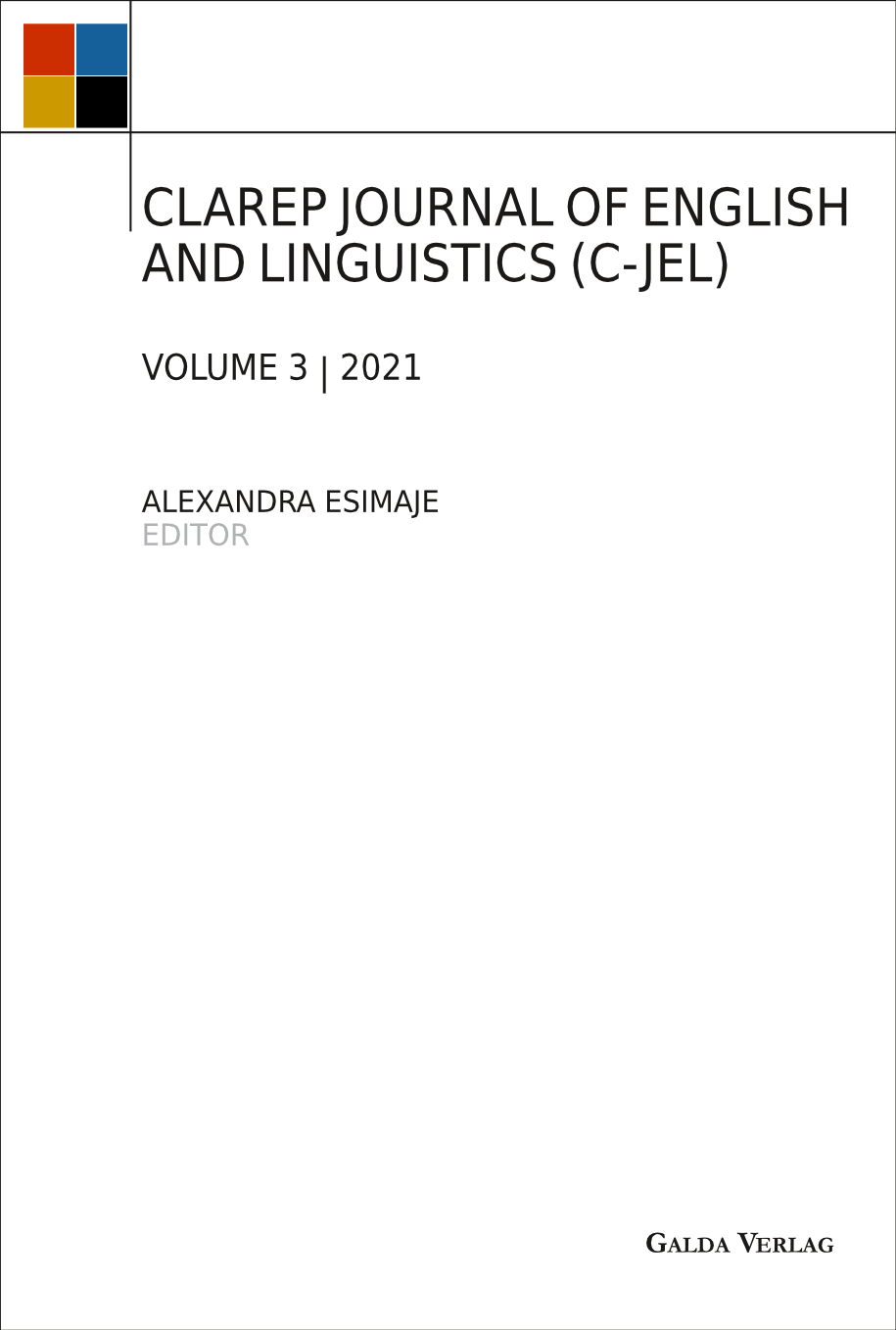Challenges and Coping Mechanisms of Bilingual Students: A Case of French-English Model
CLAREP Journal of English and Linguistics (C-JEL)
Author: Comfort Beyang Oben Ojongnkpot
Institution: University of Buea, Cameroon
Email: comjohnson@yahoo.com
Abstract
Final-year bilingual undergraduates from the University of Yaounde 1, a predominantly French-speaking university, usually undertake a one-semester immersion programme at the University of Buea. The learning period is often characterized by real-life adversity, given that the learners are presented exclusively with material in English (Language B). Hence, this study explored challenges and coping strategies during the 2017 & 2018 academic years. Through Qualitative design, ten (10) students were subjected to semi-structured interviews, observation protocols, and focus-group discussions. Data were analysed in relation to challenges and coping strategies adopted. Vygotsky’s (1978,1986) Sociocultural Theory, Krashen’s (1994) Input Theory, and Seligman’s (2011) PERMA Model constitute the theoretical framework for the study. Findings revealed cognitive and sociocultural adversities and coping strategies for Proficiency. The study has implications for language immersion and Bilingual Education.
Keywords
language learning, immersion, coping strategies, bilingualism, challenges
Pages: 197-225
ISSN: 2698-654-X
ISBN: 978-3-96203-205-0 (Print)
ISBN: 978-3-96203-206-7 (PDF)
DOI: https://doi.org/10.56907/gsmyi8ux

